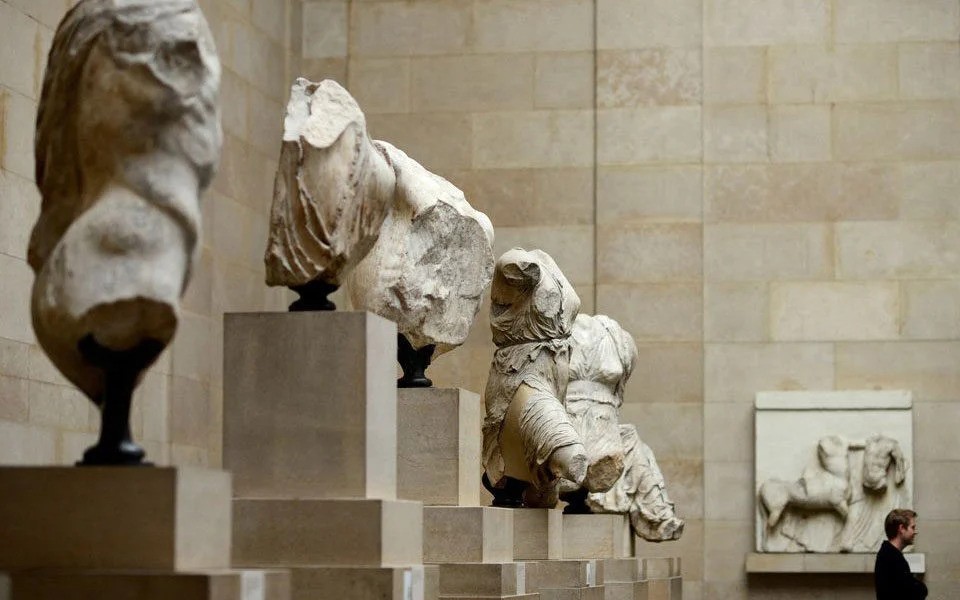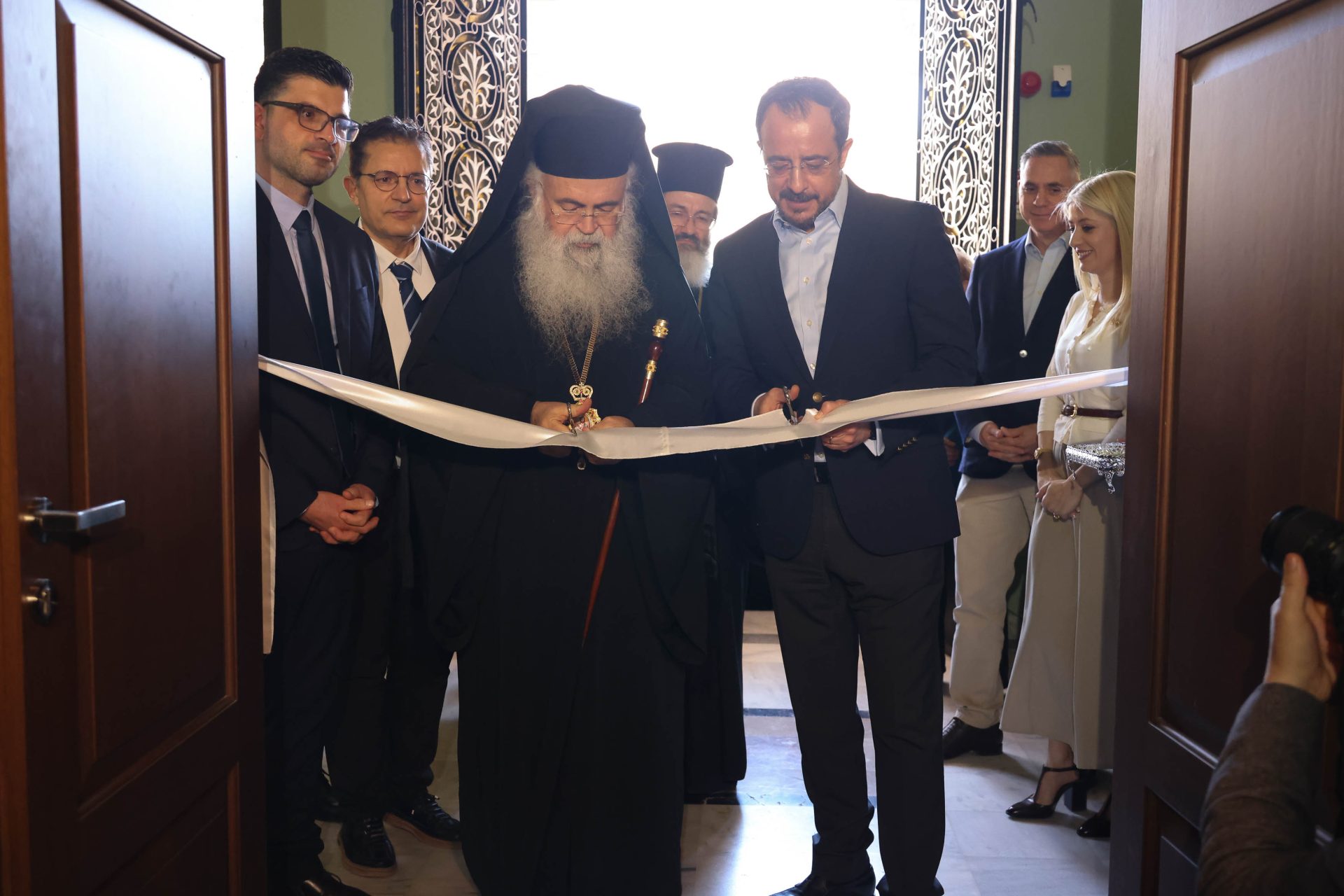Greece and UK close to marbles deal

Athens, British Museum pursue hybrid legal formula respecting both sides’ long-standing conditions
Greece and the British Museum are reportedly nearing a crucial agreement for the reunification of the Parthenon Marbles, with a potential resolution anticipated as soon as 2025.
Confidential negotiations have yielded significant progress, though a formal deal has yet to be sealed.
Key discussions centre on permanently housing the sculptures at Athens’ Acropolis Museum while offering major Greek artifacts for extended exhibitions in London.
However, the discussions envision that not all pieces removed by Lord Elgin will return.
Only those essential for reuniting the Parthenon’s artistic and historical narrative – such as fragments of the frieze, pediments and metopes – are expected to come back to Athens.
Notably, pieces without direct connection, like the Caryatid from the Erechtheion, will likely remain in Britain.
A critical challenge involves navigating the UK’s 1963 law prohibiting permanent artifact removal from national collections. British Museum officials are pursuing a creative legal framework to comply with this restriction while satisfying Greece’s firm opposition to “loans” of the sculptures. This legal compromise is seen as crucial in shielding the agreement from anticipated court challenges.
Prime Minister Kyriakos Mitsotakis underscored the cultural significance of reunification, comparing the fragmented marbles to dividing the Mona Lisa. Currently, approximately half of the Parthenon’s preserved sculptural elements are housed in London, including 16 metopes depicting the Centaur and Lapith battles, key portions of the frieze, and sculptures from the pediments illustrating Athena’s birth and her contest with Poseidon.
The discussions also face logistical hurdles: determining the timeline and method for transferring the artifacts.
While unresolved, these issues are considered secondary to the larger legal and diplomatic breakthroughs now within reach.
Experts believe that once broader disputes are resolved, these technical matters will be ironed out quickly.
Negotiators are cautiously optimistic that, after decades of contention, both sides can align on a sustainable and mutually respectful solution.
With cultural heritage and international diplomacy at stake, the final steps in this process may hold significant implications for global artifact restitution debates.
Source: ekathimerini.com




